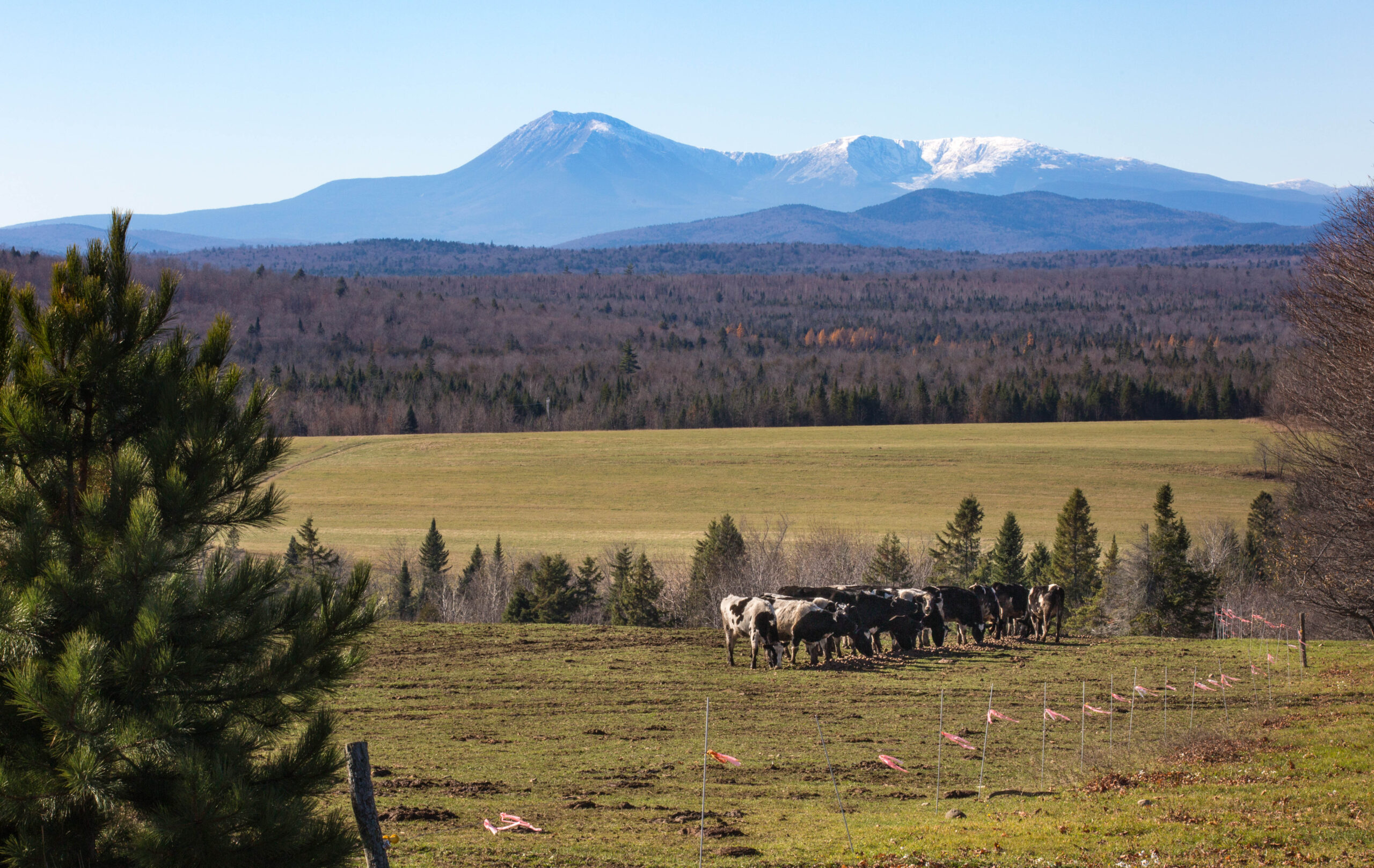
AUGUSTA, Maine — The Land Use Planning Commission is preparing to adopt changes to regulations for mining activities in the unorganized territories under the state’s new mining law.
The LUPC’s rule changes cover standards for metallic mineral exploration and the process for the LUPC to certify permits from the Maine Department of Environmental Protection for mining activities in the unorganized territories.
In the new mining law, “the Legislature didn’t really change the LUPC’s responsibilities,” said Stacie Beyer, the LUPC’s chief planner. The law required the LUPC to update standards to align with the DEP’s new mining regulations and to develop a process to sign off on DEP permits for mining projects in the UT, Beyer said.
The LUPC will be changing rules in Chapters 10 and 13 of its land use regulations, with the changes taking effect by July 1, 2018. The deadline for submitting public comments is Feb. 26 and the deadline for requesting a public hearing is Feb. 7.

Location of major mineral deposits in Maine. (Courtesy/Maine Office of Geological Information Systems)
Under the new law, the DEP has the main authority for approving or rejecting applications for metal mines in Maine. Among its numerous provisions, the law bans large open pit mines and wastewater impoundments, limits discharges to area groundwater and requires mining companies to post financial assurance covering the cost of a catastrophic mine failure for at least 100 years.
“Our responsibility is relatively limited,” Beyer said of the LUPC’s role overseeing mining.
For a mine to be permitted in the UT, Beyer said, a rezoning of the sub-district to allow metal mining would likely be the first step, as currently there are no UT areas where metal mining is an allowed use.
If a mining company exploring in the UT “decides they want to develop a mine, they would have to rezone,” Beyer said.
For metal exploration in the UT, where mining companies search for valuable metals that could be mined, there would be two levels of exploration under the LUPC’s proposed rules, Beyer said.
Whether or not a mining company would need a permit for exploration in the UT would depend on the scale of the exploration, the location and what kind of sub-district it is in, Beyer said.
In the UT’s general management areas, companies would only need to submit a work plan, not seek a permit, for “Level A” exploration, defined as a borehole or test pit with a maximum surface opening of 100 square feet.
An advanced exploration permit would be required for “Level B” mineral exploration, defined as involving an area larger than Level A and including bulk sampling of mineral deposits.
Within 30 days of a completed advanced exploration, companies would have to seal each borehole and refill any trenches. Within 60 days, companies would have to submit information for each drill hole, including data on the locations and flow of groundwater.
Maine has not had any large-scale metal mines operating since the 1970s, although several companies explored areas in Penobscot and Aroostook counties in the late 1970s and 1980s.
Currently the Canadian mining company Wolfden Resources Corp. is working on a “first phase” of test drilling at Pickett Mountain, north of Patten, to develop an estimate of metals such as copper, zinc and silver.
The company acquired a more than 10 square mile parcel late last year and has said that it holds potential for an economically-feasible underground mine.






